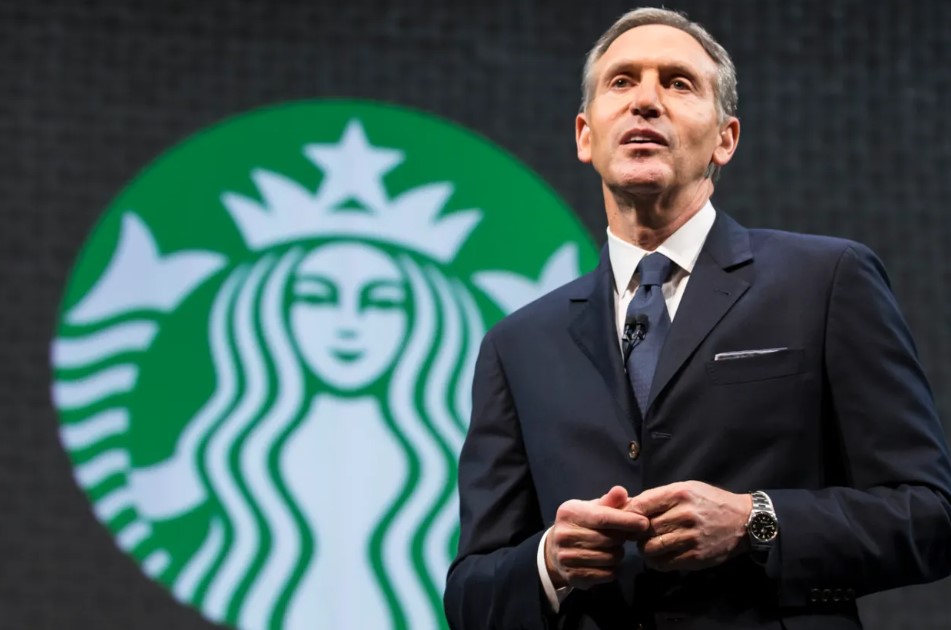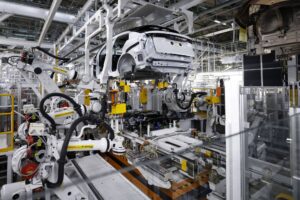On Wednesday, Starbucks disclosed that Howard Schultz, its former long-serving CEO, will be stepping down from his board member position, yet he will continue to serve as the board chairman emeritus, while Wei Zhang from China’s e-commerce behemoth Alibaba Group is set to join Starbucks’ board.
“I look forward to supporting this next generation of leaders to steward Starbucks into the future as a customer, supporter and advocate in my role as chairman emeritus,” Schultz said in a statement Wednesday.
Schultz passed on the CEO role to Laxman Narasimhan, the former CEO of the U.K.-based consumer goods brand Reckitt, in March. Starbucks indicated that this transition was part of a premeditated plan, yet Schultz, at the age of 70, did not offer an explanation for his departure.
In his third term, Schultz launched the company’s $450 million revitalization initiative, aimed at modernizing cafes, expanding the store network, enhancing employee relations, and driving sales growth, with the plan slated to continue until 2025.
However, some of Schultz’s actions led to the formation of new adversaries, as he adopted a more assertive stance against baristas’ unionization efforts compared to Kevin Johnson, who assumed the CEO role following Schultz’s second tenure. Schultz became a prominent figure opposing unions, with groups like Starbucks Workers United and allies such as Senator Bernie Sanders casting him as the symbol of Starbucks’ anti-union position. This ultimately resulted in Schultz facing tough questioning before a Senate committee over the company’s alleged union-busting practices shortly after his departure as CEO.
With Schultz’s departure from the board, Wei Zhang will assume his position, bringing her expertise from her roles as a senior advisor at Alibaba and president of Alibaba Pictures Group. Her background in the Chinese e-commerce giant could prove beneficial to Starbucks as it seeks to revitalize its Chinese operations.
China stands as Starbucks’ second-largest market, trailing only the U.S. During several consecutive quarters, Starbucks China faced challenges due to COVID-related restrictions in the country. However, in its most recent earnings report released in August, the company noted a resurgence in its Chinese business, posting a remarkable 46% increase in sales compared to the corresponding period in 2022.
Schultz, who acquired Starbucks for $3.8 million in 1987, held the CEO position on three occasions—first from 1987 to 2000, then from 2008 to 2017, and most recently from 2022 to 2023. Under his leadership, Starbucks evolved into a global powerhouse valued at $111 billion, boasting over 36,000 stores in 86 countries worldwide.
Mellody Hobson, the chair of Starbucks’ board, conveyed in a statement on Wednesday that Schultz had “created a blueprint for us all in how to lead through the lens of humanity.”
In a recent interview conducted by journalist Graham Bensinger and published this month, Schultz revealed that his upcoming business venture will have a focus on the food industry.
(Source: Renata Geraldo | The Seattle Times | Amelia Lucas | CNBC)









